Fructose vs Glucose
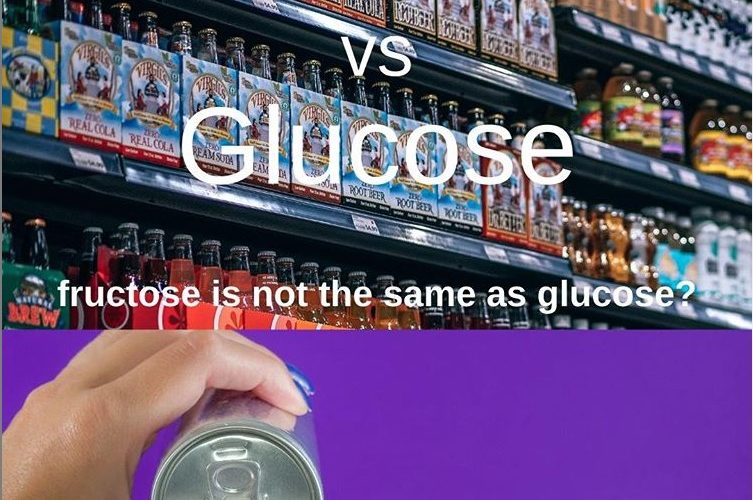
Fructose and glucose are both sugars, but they are not the same. High-fructose corn syrup was invented in the 1970s and began to replace regular sugar around 1975. The obesity epidemic coincides with the use of HFCS, and vegetable oils and ultra-processed grain also increased in the mid-1970s. The per capita consumption of HFCS — […]
What is ultra-processed food?

Not all food is created equal, and some are even more (ultra) processed than others, thus contributing to gut dysfunction. The purpose of ultra-processing food is to create branded, convenient (durable, ready to consume), attractive (hyper-palatable), and profitable (low-cost ingredients) food products. Ultra-processed food is made from food-like substances and additives, with little intact natural […]
Hypoglycemia
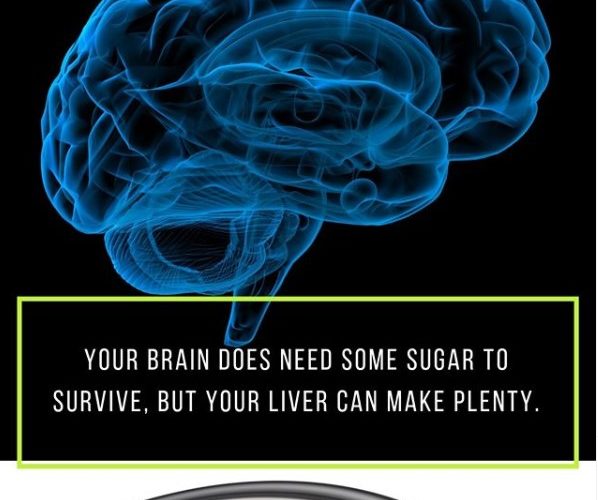
Many people consume far more carbohydrates in their diets than they actually need. Once, a patient asked me how much carbohydrates she should be eating every day because her dietitian told her she needs at least 250 grams per day or she could get brain injury from “hypoglycemia.” The Dietary Guidelines published by the USDA, […]
Fat Doesn’t Make You Fat
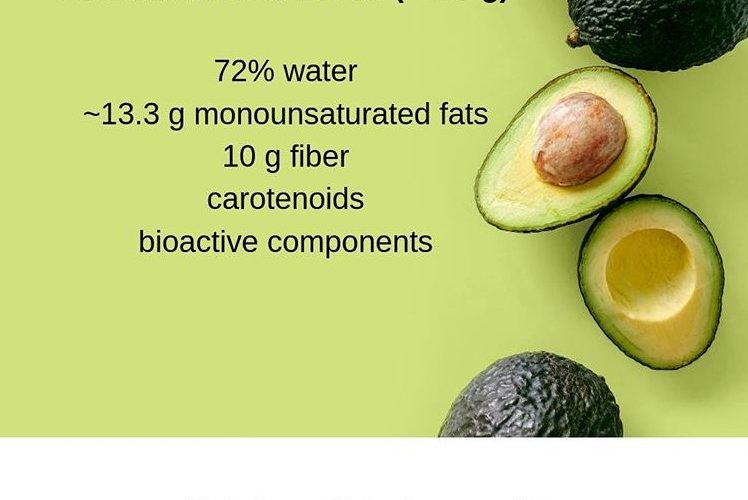
For years, fat has been targeted as one of the main causes of obesity, but fat in someone’s diet isn’t what makes someone fat. The diet-heart hypothesis falsely attributed eating fat with the development of atherosclerotic heart disease. This anti-lipid agenda led to the low-fat craze, which replaced fat with tasty acellular carbohydrates, paradoxically resulting […]
Why Counting Calories Fails
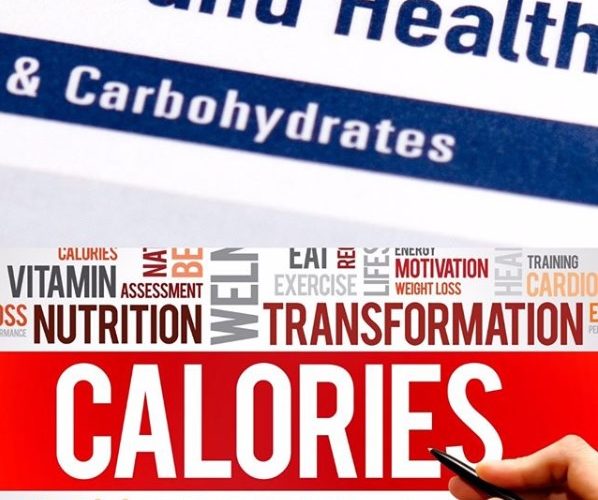
All calories are not created equal, and even the word itself has different definitions. A calorie in physics is the energy required to raise the temperature of 1 gram of water to 1 °C. The calorie you see on a food package, however, is actually a kilocalorie, or 1,000 calories, the amount of energy needed […]
The Calorie Paradox
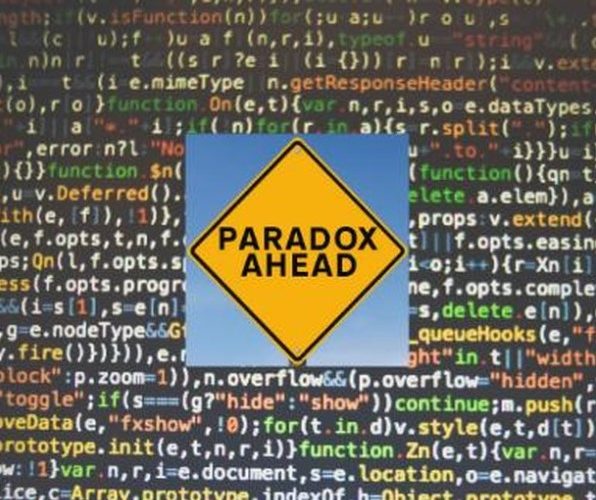
A paradox happens when something that seems as though it should not be true actually turns out to be true, or vice versa. A paradox is happening in nutritional science where a high-calorie consumption of one food causes weight gain, while the same calorie value of another food seems to cause weight loss, leading some […]
Satiety: The Key to a Healthy Life

Satiety, or the feeling of feeling full, is the key to maintaining a healthy weight and living a healthy life long-term. Instead of calories, people should focus on eating real food. It’s easier to track not eating sugars and artificial sugars than actually counting their calories. Tracking and reliving the calories of carbohydrates you didn’t […]
Are the Odds of Weight Loss in your Favor?

The standard advice of dietitians and physicians to those who want to lose weight is simple: eat less, move more. However, this advice doesn’t actually produce favorable odds for losing and maintaining a healthy weight. Using the standard calorie reduction approach recommended by the dietitians produces a probability of attaining a normal weight at 1 […]
Food Labels Don’t Mean Much to the Individual Patient.
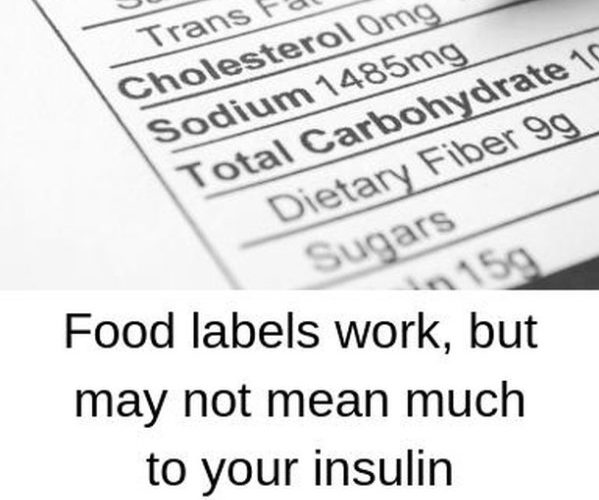
Individuals experience significantly different changes in blood glucose levels (as shown by using a continuous glucose monitor) after eating the same foods. Some patients with normal blood glucose levels experience after-meal glycemic spikes that are in the diabetic range. A person’s gut microbiome more accurately predicts the individual spike in blood glucose after eating than […]
Food is Not Simply the Sum of its Parts
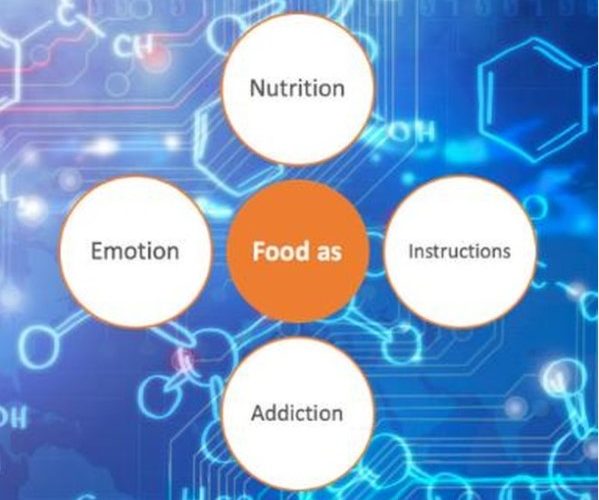
Many people focus on the nutritional content of their food when choosing what to eat. However, only focusing on the nutritional content of food is short-sighted. We don’t process all of the elements of food into energy through simple carbohydrates, proteins (amino acids, peptides), and fat. Food transmits valuable instructional information to our body, prompting […]
